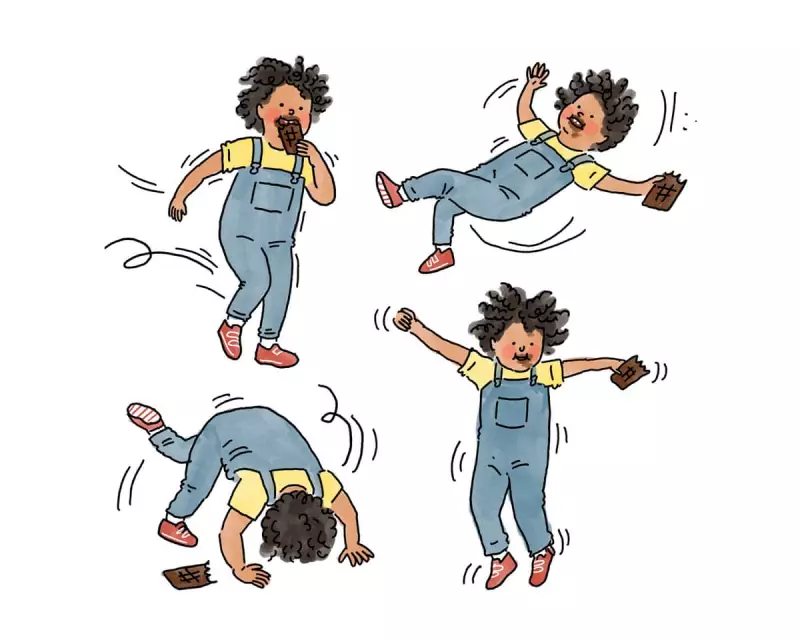
For decades, parents have watched their children's birthday parties with a wary eye, convinced that the inevitable sugar rush would transform their well-behaved youngsters into bouncing-off-the-walls tornadoes. But what if this deeply ingrained belief is nothing more than a sweet fiction?
The Science Behind the Sugar Myth
Extensive research has consistently failed to find any direct link between sugar consumption and hyperactive behaviour in children. A comprehensive analysis of multiple scientific studies reveals that sugar doesn't actually cause hyperactivity, despite what generations of parents have believed.
Dr. Mark Wolraich, a leading researcher in this field, explains: "We've conducted numerous double-blind studies where neither the children, parents, nor researchers knew who consumed sugar or artificial sweeteners. The results consistently show no significant differences in behaviour."
Why Does the Myth Persist?
So why does this belief remain so stubbornly entrenched in our collective consciousness? Several factors contribute to the persistence of the sugar-hyperactivity connection:
- Confirmation bias: Parents expect sugar to cause hyperactivity, so they notice and remember instances that confirm this belief
- Exciting environments: Birthday parties and celebrations where sugar is consumed are typically high-energy events regardless of food intake
- The power of suggestion: When parents believe their children have consumed sugar, they're more likely to perceive normal excited behaviour as hyperactivity
What Really Affects Children's Behaviour?
While sugar might not be the culprit parents imagined, several factors do genuinely influence children's energy levels and behaviour:
- Sleep patterns: Inadequate or poor-quality sleep significantly impacts mood and behaviour
- Routine changes: Disruptions to normal schedules can cause excitability
- Environmental stimulation: Parties, holidays, and special events naturally generate excitement
- Artificial colours: Some research suggests certain food colourings might affect sensitive children
The Real Concerns About Sugar
While sugar may not cause hyperactivity, nutrition experts emphasise that there are still compelling health reasons to monitor children's sugar intake. Excessive sugar consumption contributes to dental cavities, weight management challenges, and can displace more nutritious foods from children's diets.
Professor Jane Ogden, a health psychologist, notes: "The focus should shift from worrying about temporary behaviour changes to considering long-term health impacts. Teaching children healthy eating habits remains important, but for different reasons than we once thought."
The next time you're tempted to blame the birthday cake for your child's excited behaviour, remember that the real cause is more likely the fun, friends, and festivities—not the frosting.





